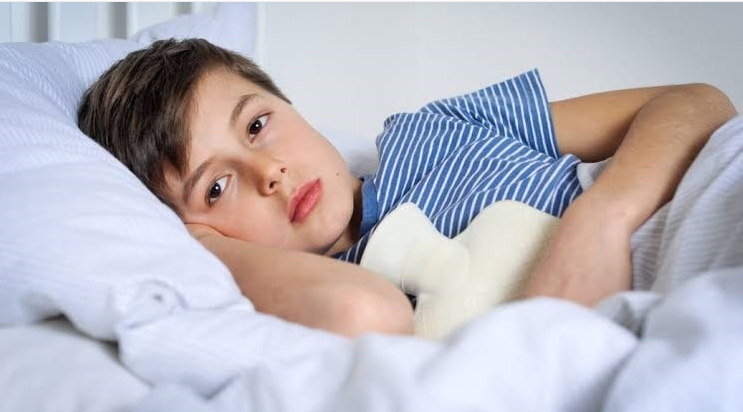The 5 Most Common Sleep Issues in Children

Sleep issues in children can be a common concern for parents and caregivers. Here are five of the most common sleep issues that children might experience:
- Nightmares and Night Terrors: Nightmares are vivid and frightening dreams that can wake a child up from sleep. Night terrors, on the other hand, are episodes of intense fear and panic that occur during the early part of the night, usually within a few hours of falling asleep. Children experiencing night terrors might scream, thrash around, and appear inconsolable. Both nightmares and night terrors can disrupt sleep and leave children feeling scared or anxious.
- Insomnia: Insomnia in children involves difficulty falling asleep or staying asleep. This might be caused by various factors, including anxiety, irregular sleep schedules, or even the use of electronic devices before bedtime. Insomnia can lead to daytime sleepiness, moodiness, and difficulty concentrating.
- Bedtime Resistance: Some children might resist going to bed at their designated bedtime. They may come up with various delaying tactics or express fear of missing out (FOMO). This can lead to bedtime battles between parents and children, which can disrupt the child’s sleep routine.
- Sleepwalking: Sleepwalking, also known as somnambulism, occurs when a child gets up and walks around while still asleep. This typically happens during the deep stages of non-REM sleep. Sleepwalkers might engage in activities without being aware of what they’re doing. Safety measures are important to prevent any harm during these episodes.
- Snoring and Sleep Apnea: While occasional snoring might be normal, chronic and loud snoring in children could be a sign of sleep apnea. Sleep apnea is a condition in which a child’s breathing repeatedly stops and starts during sleep. It can lead to poor sleep quality, daytime sleepiness, and other health issues if left untreated.
It’s important to note that many sleep issues in children can be transient and resolve on their own with time. However, if these sleep issues persist, become severe, or significantly impact a child’s well-being and daily functioning, it’s recommended to consult with a pediatrician or a sleep specialist. They can help identify the underlying causes and provide guidance on how to improve the child’s sleep habits and environment.




